Overseas Internship Scheme (OIS)
The Overseas Internship Scheme (OIS) lasts from June till August for a period of 2.5 months during which students conduct their placement overseas. Apart from real work experience, OIS students also gain the valuable opportunity to appreciate life in a different culture and develop a global perspective. Our students have, in the past, been to North and Central America, Europe, Australia, New Zealand and Asia.
Support from industry and institutional partners
College of Science has established partnership with institutions worldwide. Our working partners shall:
- provide a training/ research project relevant to the student’s major study;
- assign a mentor to co-supervise the student with a CityUHK supervisor;
- assist the student in applying for University hostel, guest house, home stay or other kinds of safe accommodation
Interested companies/institutions can send email to Ms. Janice Lam at jan.lam@cityu.edu.hk.
Student eligibility
Third year students from the College of Science are eligible to apply for the scheme. Interested students should submit their application in November. Please refer to the Application page for further details.
CSCI4005 Overseas Internship Scheme for Science Students
Students accepting the OIS offer will be registered on a 3-CU course CSCI4005 Overseas Internship Scheme for Science Students in summer. The status of CSCI4005 in a programme major or how each major recognizes it depends on the major requirements. Any related queries should be directed to Department.
Beware of exceeding the maximum credit limit:
Please note that the maximum number of credit units permitted for a degree is as follows:
- 4-year degree: 144 credit units (AR 4.1)
- Advanced Standing I: 114 credit units (AR 6.4.1)
- Advanced Standing II: 84 credit units (AR 6.5.1)
Students who have completed the maximum credit units permitted as mentioned above cannot register for further courses in subsequent semesters/terms except for (a) those pursuing a double major or double degree paying the extra credits exceeding the above maximum credit limit on a self-financed basis; or (b) students who have been granted special approval to exceed the maximum credit limit due to their change of home major. For any queries on this issue. Please check with Academic Regulations and Records Office (ARRO) and/or students' parent department.
If students will exceed the maximum credit limit upon addition of CSCI4005 (3 CUs), they should seek advice from the College Office and Department before they apply.
Pre-departure Briefing
1. Students are required to join the Pre-departure Briefing which is offered to prepare them for the OIS.
2. Full attendance is compulsory.
Joint supervision
1. Students are jointly supervised by a host supervisor and a CityUHK supervisor.
2. Both supervisors shall meet at least once online to discuss and monitor the progress of the students.
3. The meeting shall preferably be held towards the middle of the internship period.
4. It is students’ responsibility to schedule the meeting.
5. Recommendation of an overall Pass grade is needed from both supervisors for students to pass the course.
Assignments
Students are required to complete the following assignments on time.
| Logbook | To complete a weekly logbook and submit to the host supervisor for review weekly. The CityUHK supervisor shall review it upon students’ return to HK. Students should submit the logbook by August |
| Progress report | To submit a progress report by June |
| Final report | To submit a final report by August |
| Final presentation | To deliver a final presentation: (a) to the host, on site before returning to HK (b) to the CityUHK Supervisor in HK before SEM A begins |
| Final presentation | To submit your final presentation PPT by August |
| Reflection essay | To submit a reflection essay on how the student benefits from the learning experience by August |
| Photos and expense summary | To submit photos for record & future promotion and expense summary for the reference of future participants by August |
Failure to complete any of the above listed requirements will result in failure of the Overseas Internship Scheme.
Overseas Internship Scheme (OIS)
| Events | OIS |
|---|---|
| Promotion to training companies | Oct - Nov |
| Training companies to confirm offers and job specifications | Oct - Jan |
| Student online application | 8 - 15 Nov 2024 |
| Interview | 2 - 6 Dec 2024 |
| Partner Institution interview | Jan - Mar 2025 |
| Signing Acceptance of Offer | Within 3 working days upon offer |
| Student Pre-departure Briefing | May 2025 |
| Report duty | Late May / Early Jun 2025 |
| Supervisory site visit | Online meeting in late Jun / Jul 2025 |
| Final Presentation | Late Aug 2025 |
Application
Submit your online application here during 8 - 15 November 2024.
You will be asked to upload a CV and grade display report (generated in AIMS) in your online application.
Eligibility
- Penultimate year students.
- CGPA at or above 2.50 at the time of application. A drastic drop in CGPA after application may render the student ineligible for OIS participation. The College reserves the right to stop processing the application or withdraw the offer even if granted.
- Full-time, local or non-local students from College of Science attending UGC-funded academic programmes that will lead to CityUHK undergraduate awards.
- Students on outbound exchange programme in Semester A/B are eligible to apply. Semester B outbound exchange students need to return to CityUHK in May to attend the Pre-departure Briefing. OIS begins in late May/early June. There will be no adjustment to meet individual needs. Students whose exchange study ends in mid to late June should not apply.
Available Institutions
Applicants may take reference to this list for possible destinations and projects for OIS. The final list of projects available for summer 2025 is subject to change. It will depend on supervisor’s availability and travel restrictions by the host institution/country.
Enquiry
Ms. Janice Lam Tel: 3442-6175 Email: jan.lam@cityu.edu.hk
Financial Subsidy
A block subsidy will be provided and will be released in 2 installments in June and October. The amount of each installment will be calculated according to your programme dates on a pro rata basis. Terms and conditions apply.
| Region | Subsidy (HKD) |
| North America | 25,000 |
| Europe | 25,000 |
| Australia | 22,000 |
| Asia (Japan, Korea, Singapore) | 16,000 |
| Asia (other than Japan, Korea, Singapore) | 11,000 |
Remarks:
1. If the host provides any accommodation / airfare / allowance to students, the amount of CityUHK subsidy will be reduced.
2. If students fail to report duty or fail to complete the scheme, the first installment will have to be returned to CityUHK in full and the second installment will not be issued.
Students' Sharing
"My supervisor gave me guidance on how to express an idea in a more structured way. This process of learning enhanced my academic writing skills. During my research, another important thing is results. Even though we provide many mathematical proofs in our report, we still need to have a good result to support our framework. I spent time adjusting the parameters to have a better result. This experience gave me a better understanding of how to design and test an experiment in machine learning. Since we need many hours for training the data, we need to adjust many details of the implantation. For example, how to read the data? Which method is more computational efficient? During these details of the designing an algorithm. It provided useful skills for designing a better algorithm in terms of computation time."
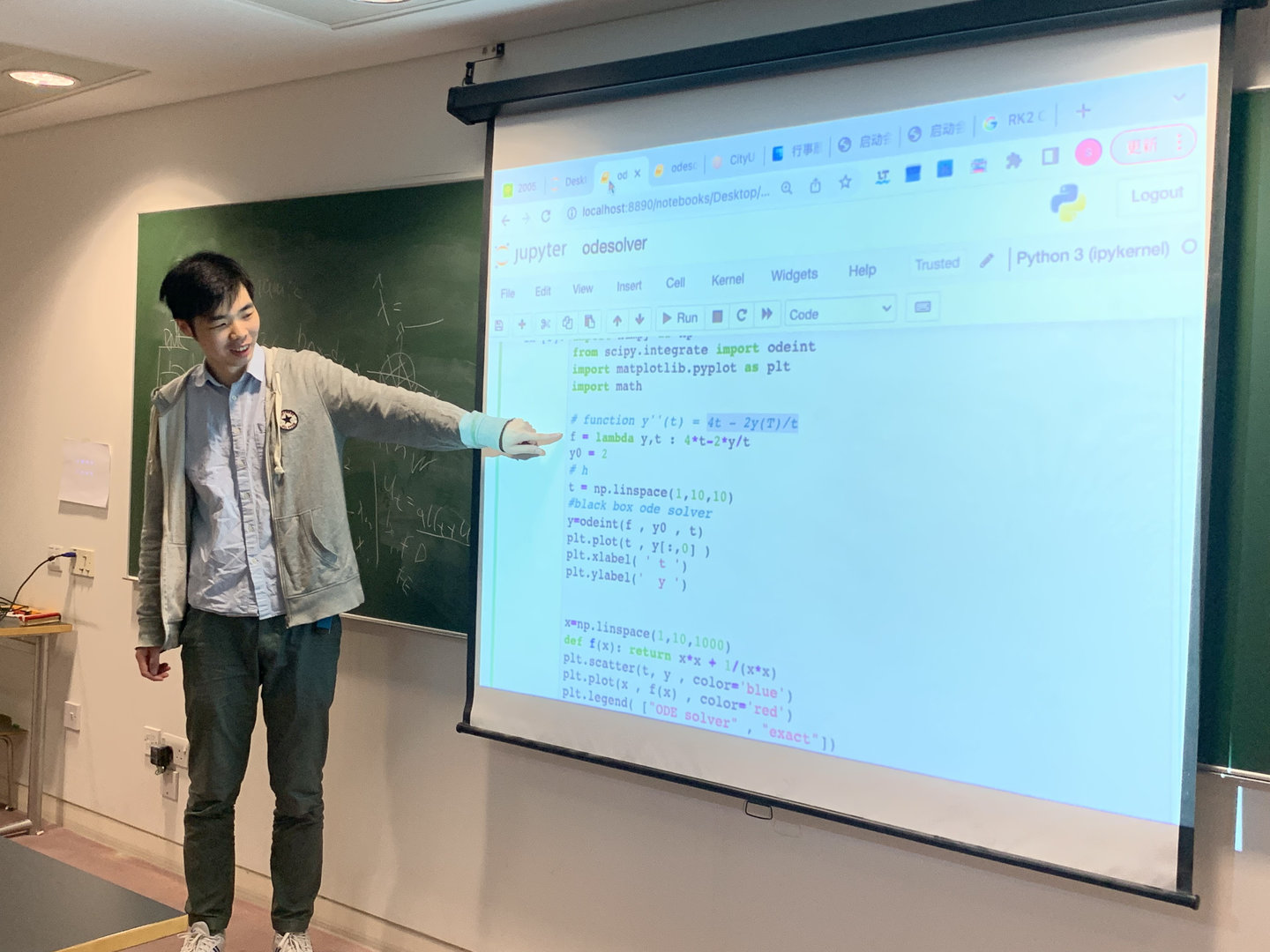
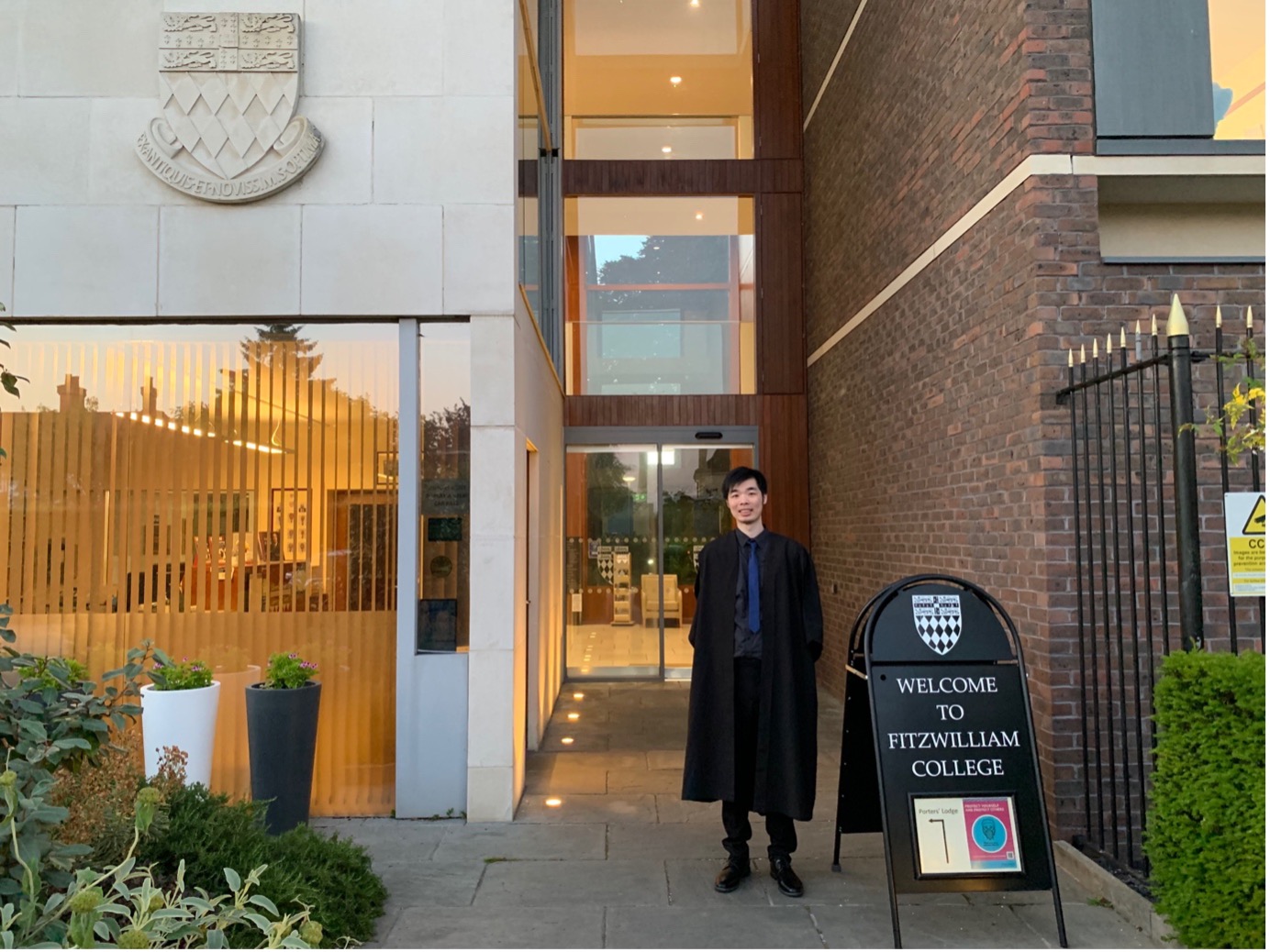
"This outreach activity provided me the opportunity to have a US research experience, which helped me discover my interest in image processing. I studied Principal Component Analysis (PCA), t-SNE (t-distributed stochastic neighbor embedding), and CNN (Convolutional Neural Network) using Python. I learned to look for trained models online and modify them instead of building up from zero, which often saves time and has good performance. Additionally, my skills in writing English reports, communicating in English, and preparing for presentations have improved in constant practice. Being in an English-speaking environment motivates me to make these improvements. The questions my peers asked after my presentation made me think more about my methods. I learnt that I should comprehensively understand my project before discussing it with others. I also realized the importance of a background introduction, which is the premise of whether others can make sense of the follow-up contents."
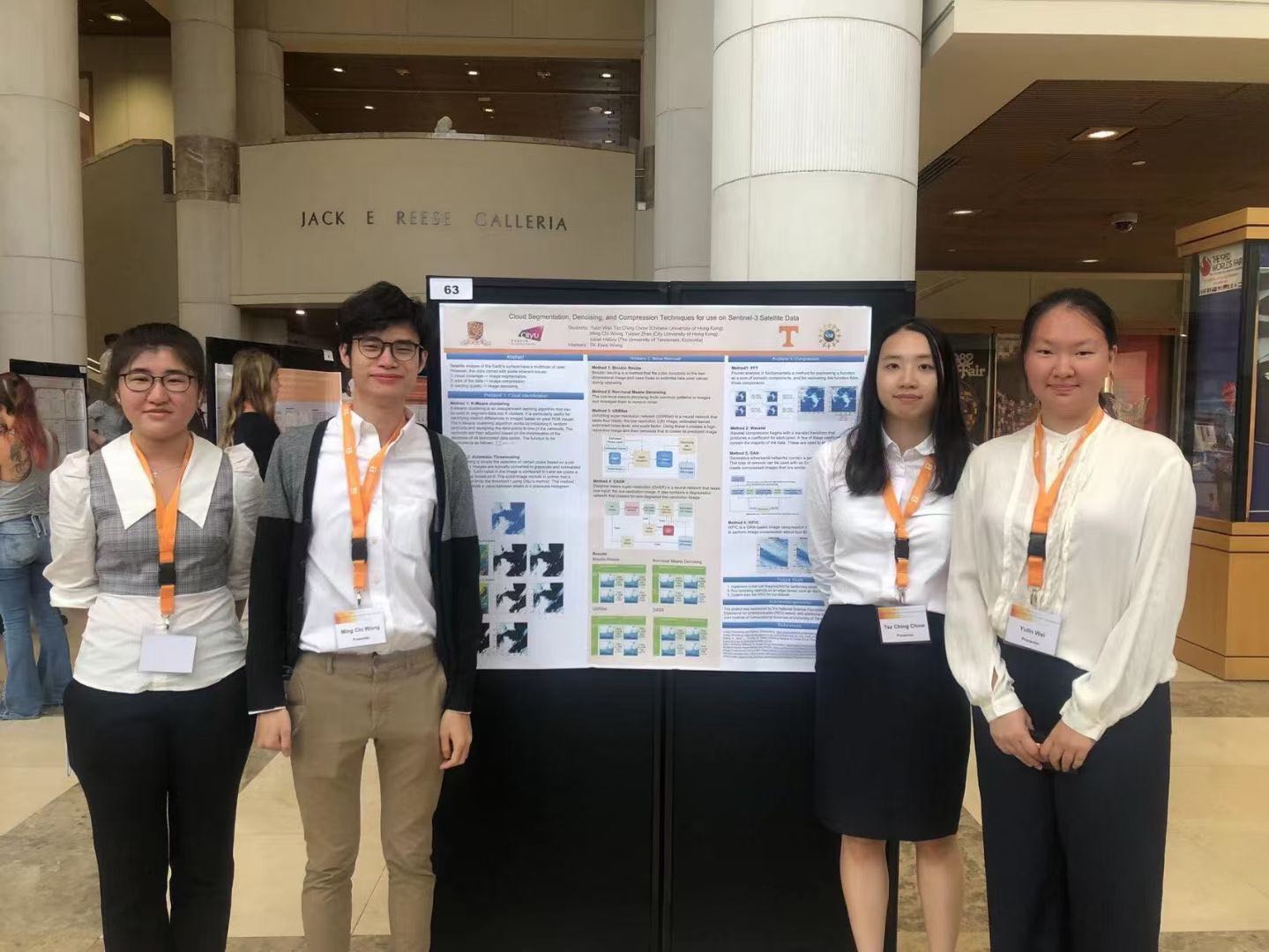
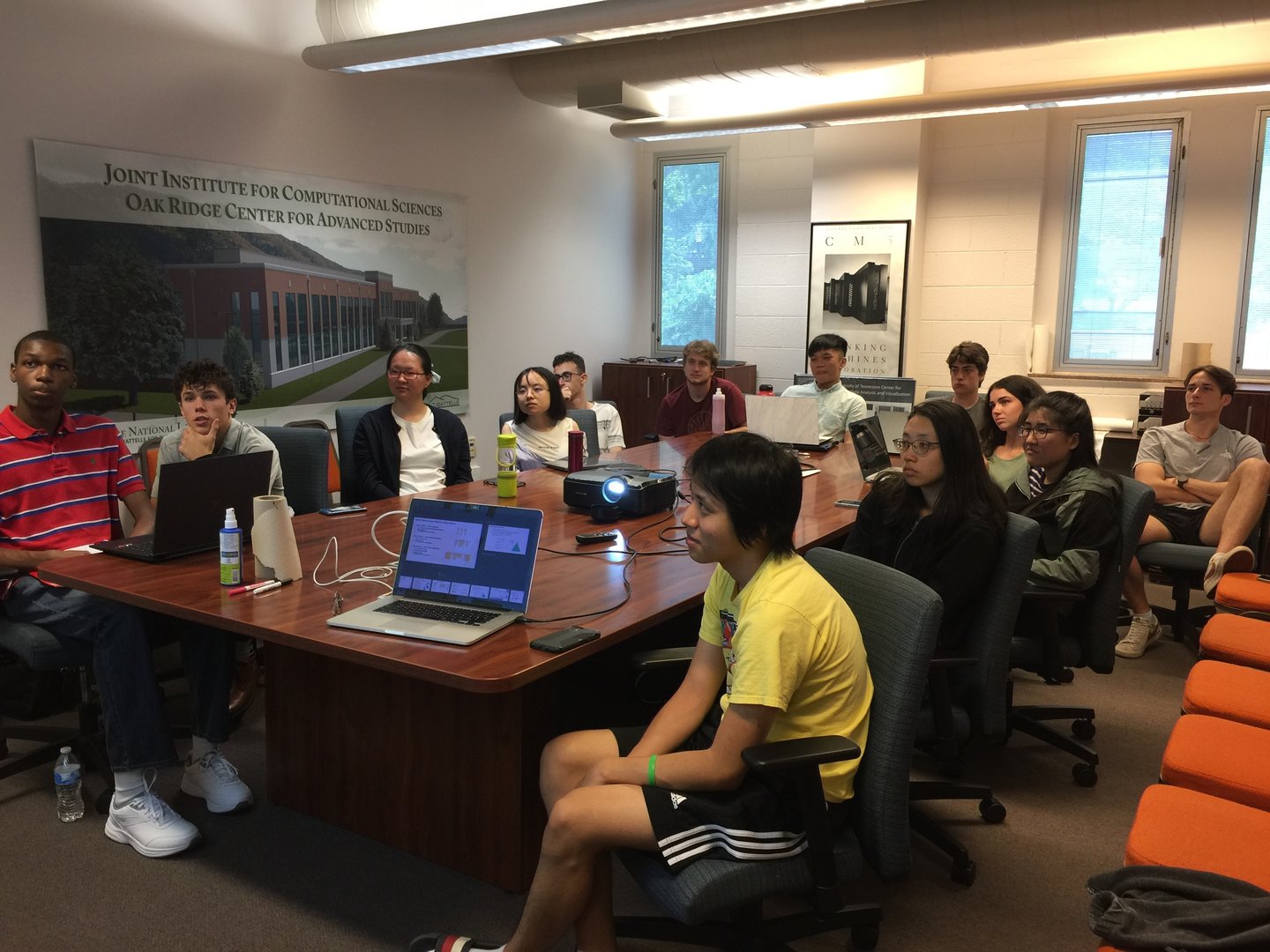
"Platforms make people, and people success people. In the daily cooperation and exchanges with Prof. Ke Chen at University of Liverpool, I have gained a lot of new perspectives. This is different from traditional "knowledge" on the textbook, the same knowledge may get completely new results from a different perspective. And this, in turn, helps us better understand the whole system and points to where the path will go in the future. That's the beauty of communication in research. Through the opinions and ideas from our peers, supervisor, and collaborators, we can create more interesting things and understand what we have mastered more comprehensively. These are usually hard to come by, which is exactly what the fantastic platform could provide us: glorious ideas, great mentors and peers."
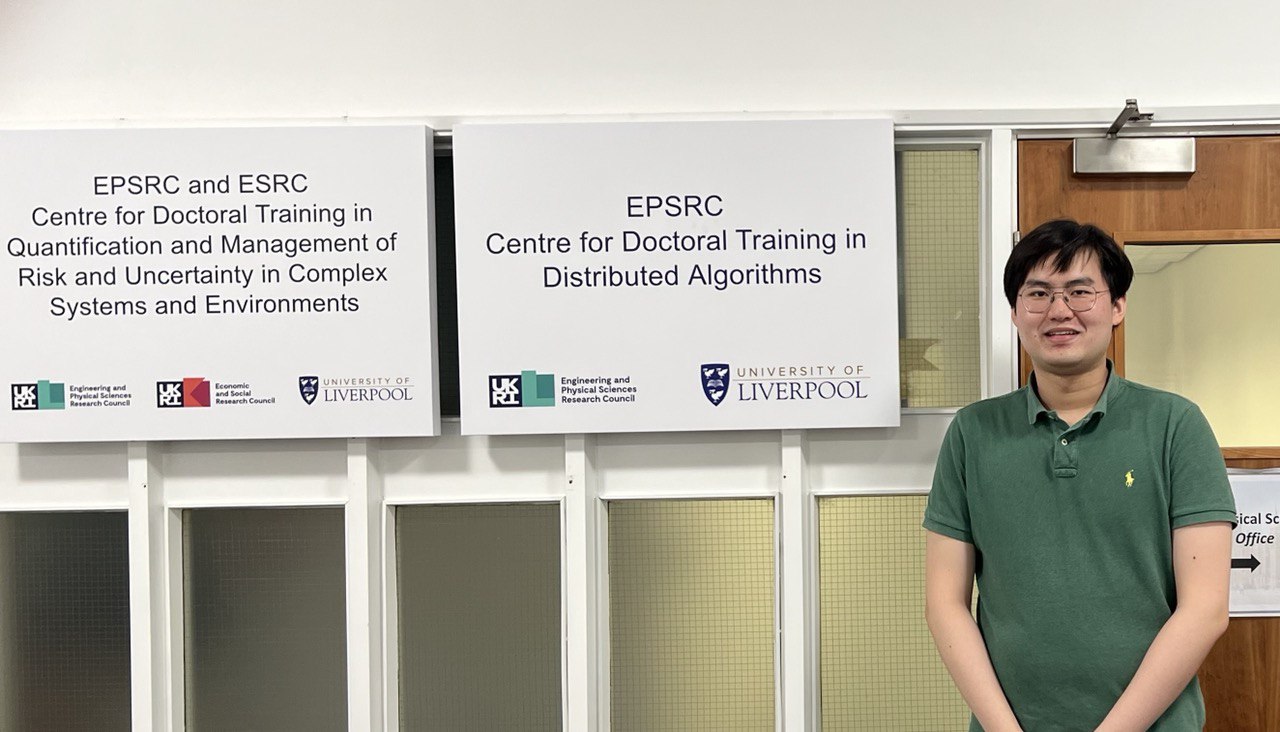
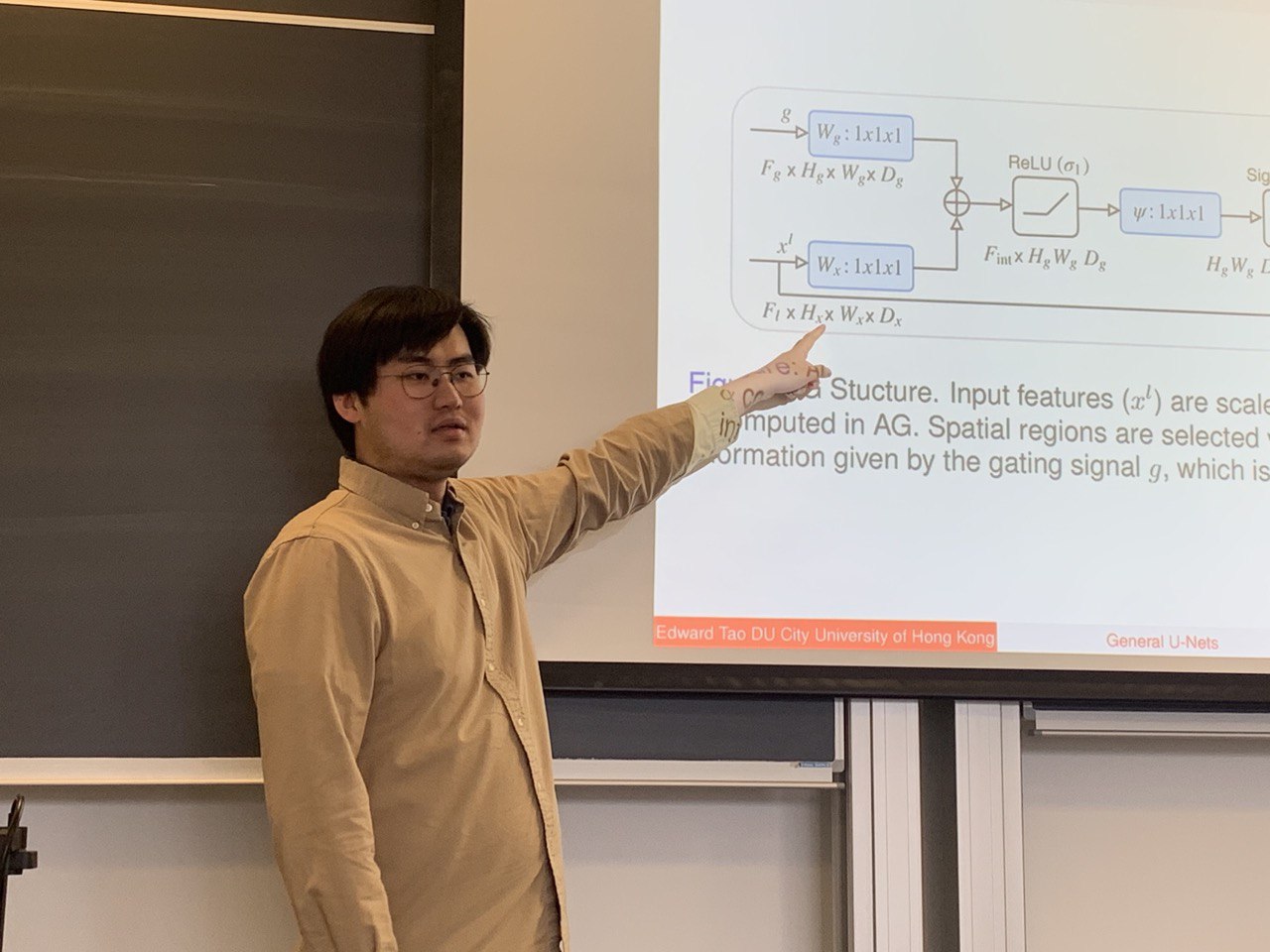
"One of the best part about this internship was the research group I was working with. I got to work with and learn from Professor Nikolas Provatas and his group who are on the leading edge of phase field models (a powerful computational model in physics and material science); as a matter of fact Professor Provatas is one of the leading authorities on this topic and he wrote one of the most comprehensive books on it. The group members were also some of the most talented and hard-working people I have met, each working on a different project that is on the frontier of phase field modelling. Each of their project would have significant impact on the topic."
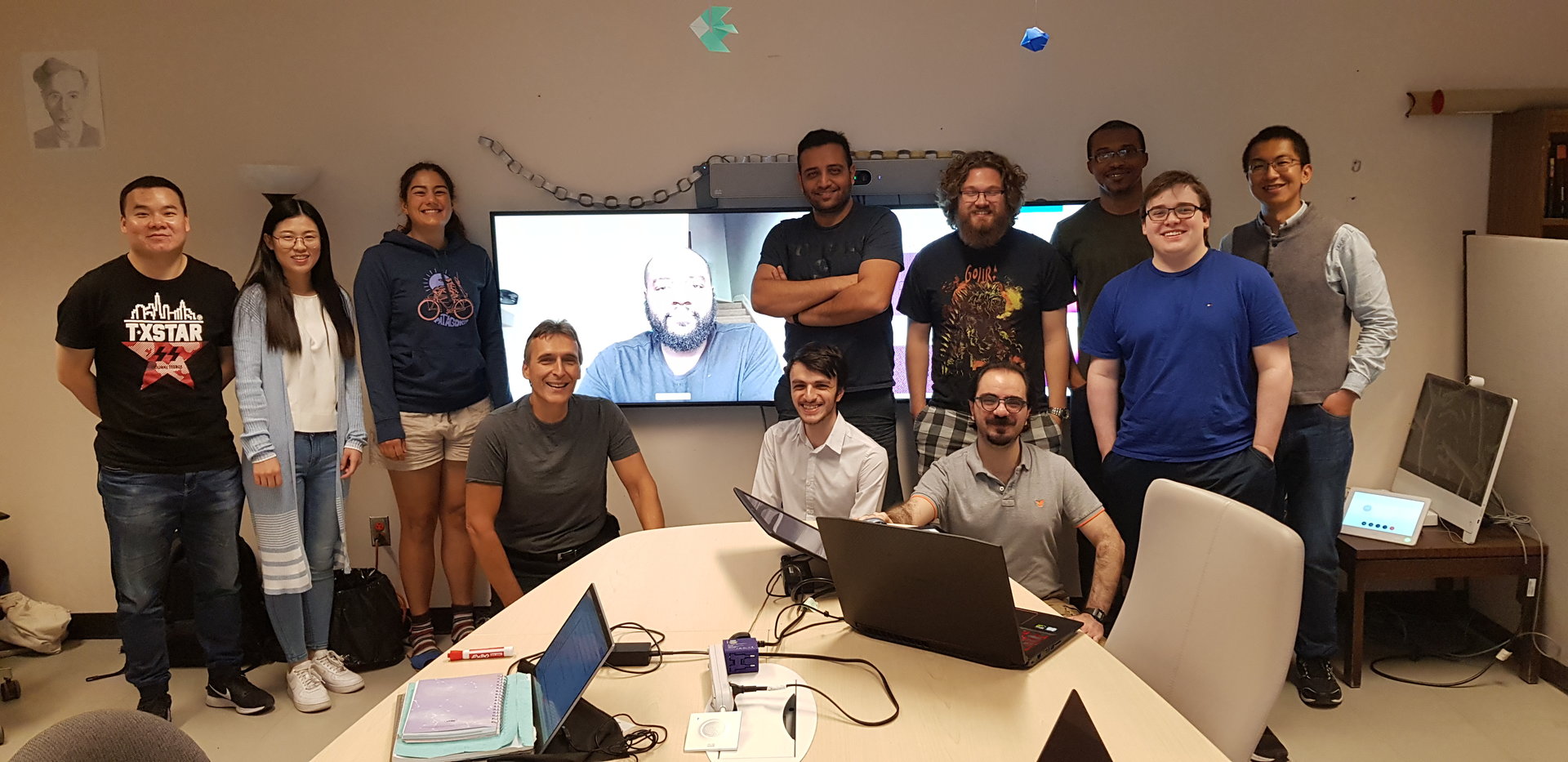
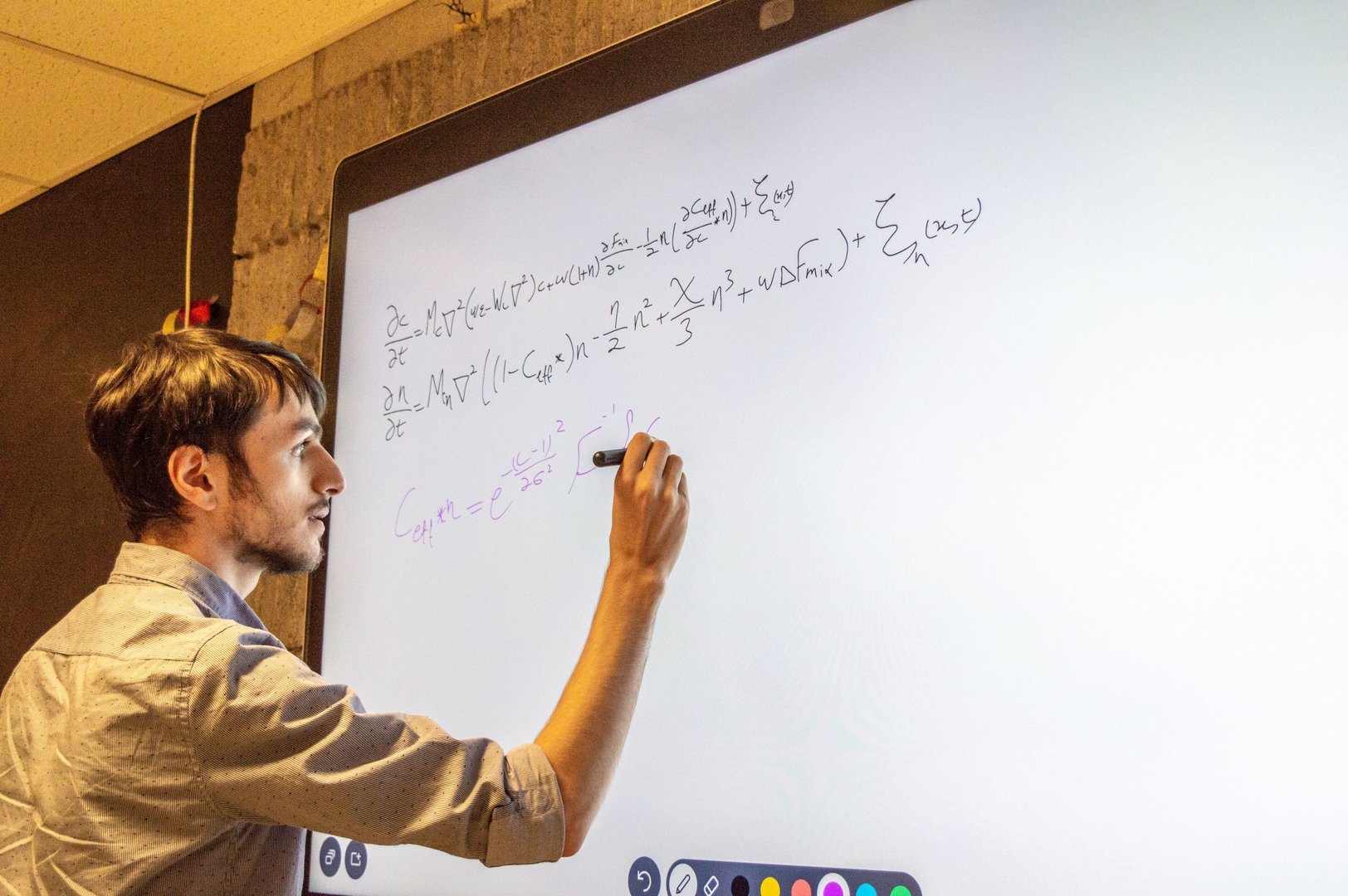
"The programme is very well-structured. We made two presentations and attended a poster symposium. The two presentations provide us a terrific opportunity to get familiar with what our peers have been working on and get some insights from other people’s talk. Apart from mathematics projects in our programme, there were also some other projects displayed in the poster session. Presenting my work and listening to other people’s work helped me to figure out the problems we had.
In addition, I also travelled to several places with my peers during holidays. I went to Orlando on the Independence Day and New York City after the programme ended. I’m crazy about classical music. I was quite excited that I had a chance to go Carnegie Hall to listen to Bach’s Cello Solo Suites in live. It’s been a dream since when I was a little kid. The performer talked about composition of the suites and the story about the cello he played. Besides, I also went to the Metropolitan Museum of Art where I saw a real Stradivari violin in person.
In conclusion, the wonderful summertime in the U.S. is definitely a memorable experience. Not only did I have some research experience, but also explored some new places."

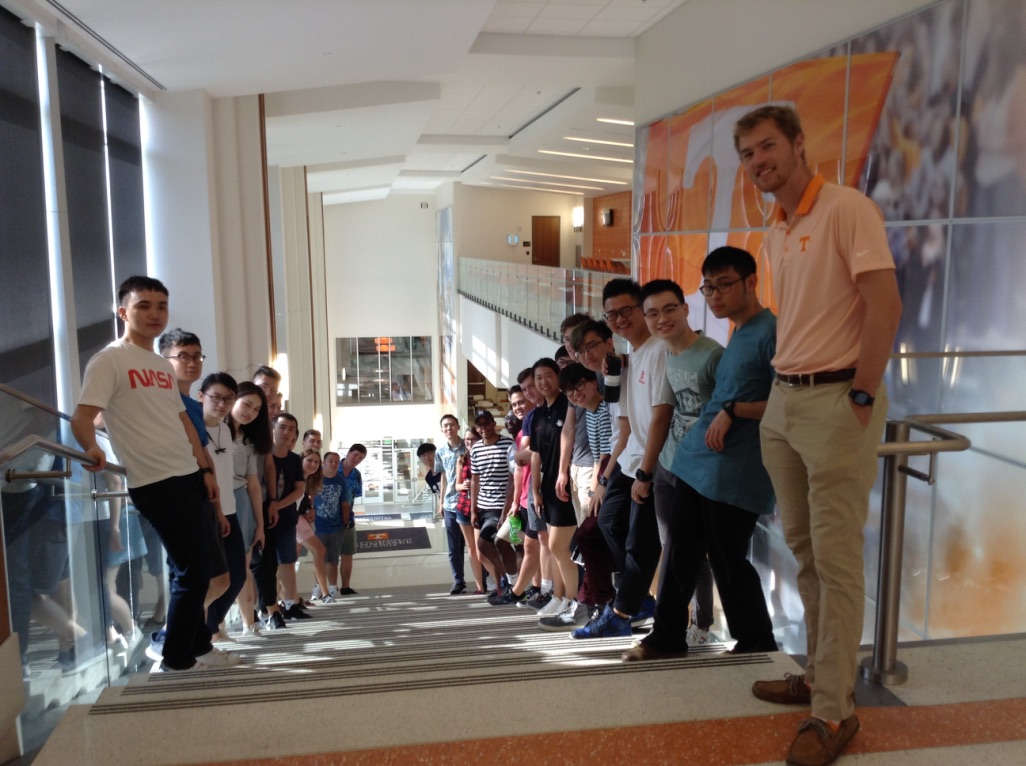
"Besides all the techniques and trainings in cancer research, since this is my first internship, I have also learnt a lot on how to communicate with my colleagues and supervisors, which before going to Australia I always have a difficult with, as I always get so nervous whenever I am facing my professors. I also think that the internship provides me with a much better idea of what it is like to work full time in a lab during research, and this helps me to plan for my future path of whether I actually want to spend the rest of life during research.
All in all, I have grown a lot and learnt a lot throughout the whole internship and I believe all this new knowledge and experiences will be a nice base for my future studies and even my future career to build on."
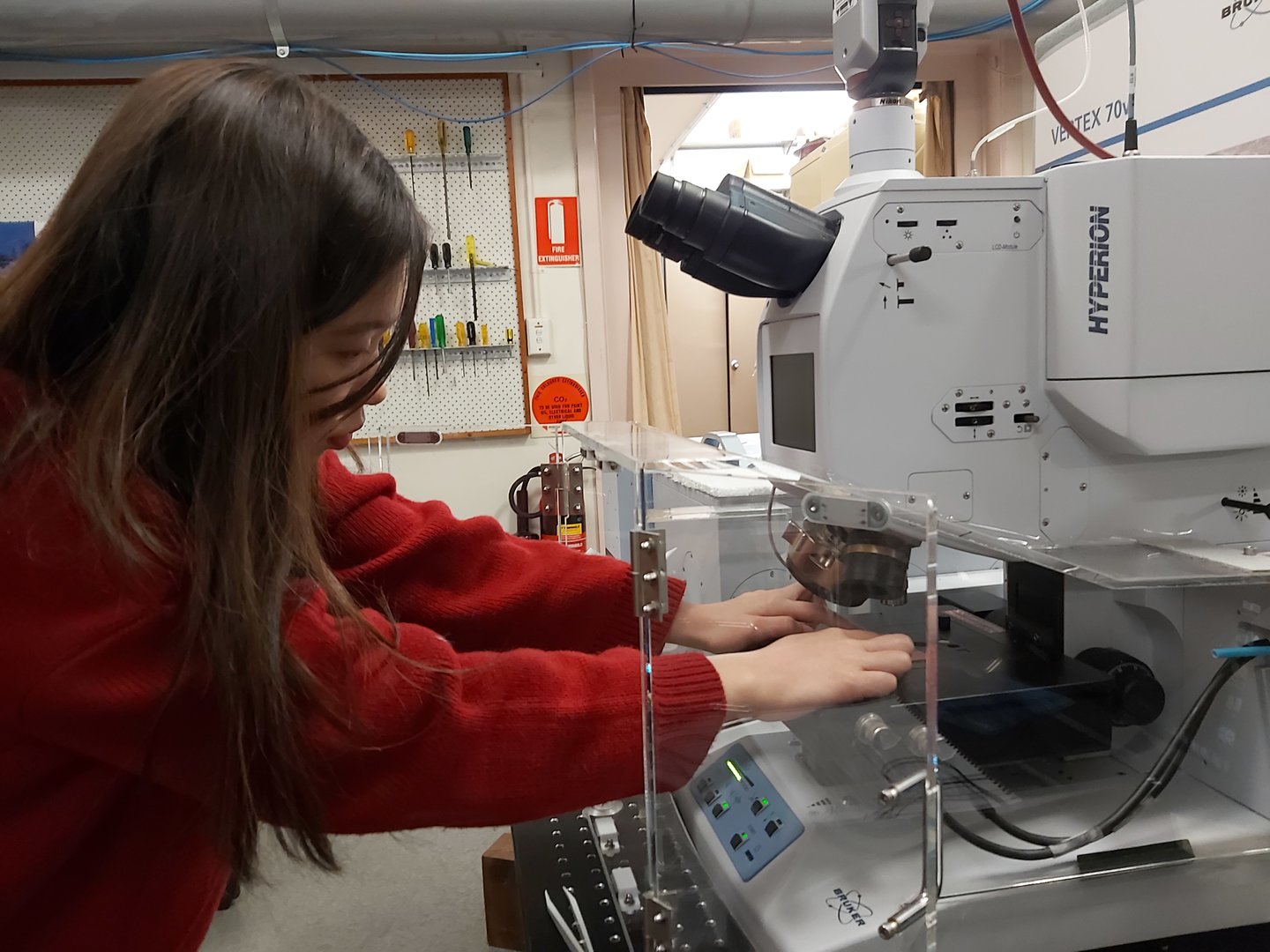
"I experienced a short time of researcher life. My thought and behavior changed a lot. Before this trip, I think that concentration is the most important thing for a researcher. However, this experience told me that communication is really significant in research. The most obvious evidence is that when we try to express our ideas, we attempt to make our thoughts clear and logical because we need to explain it to other people and we find new ideas in existing things. Even though we just repeat the sentence we wrote, there are still new things hidden in unimposing corners.
In conclusion, this experience broadened my view. My consideration towards my future researcher life becomes more comprehensive. Besides that, I have a more exhaustive cognition of myself."
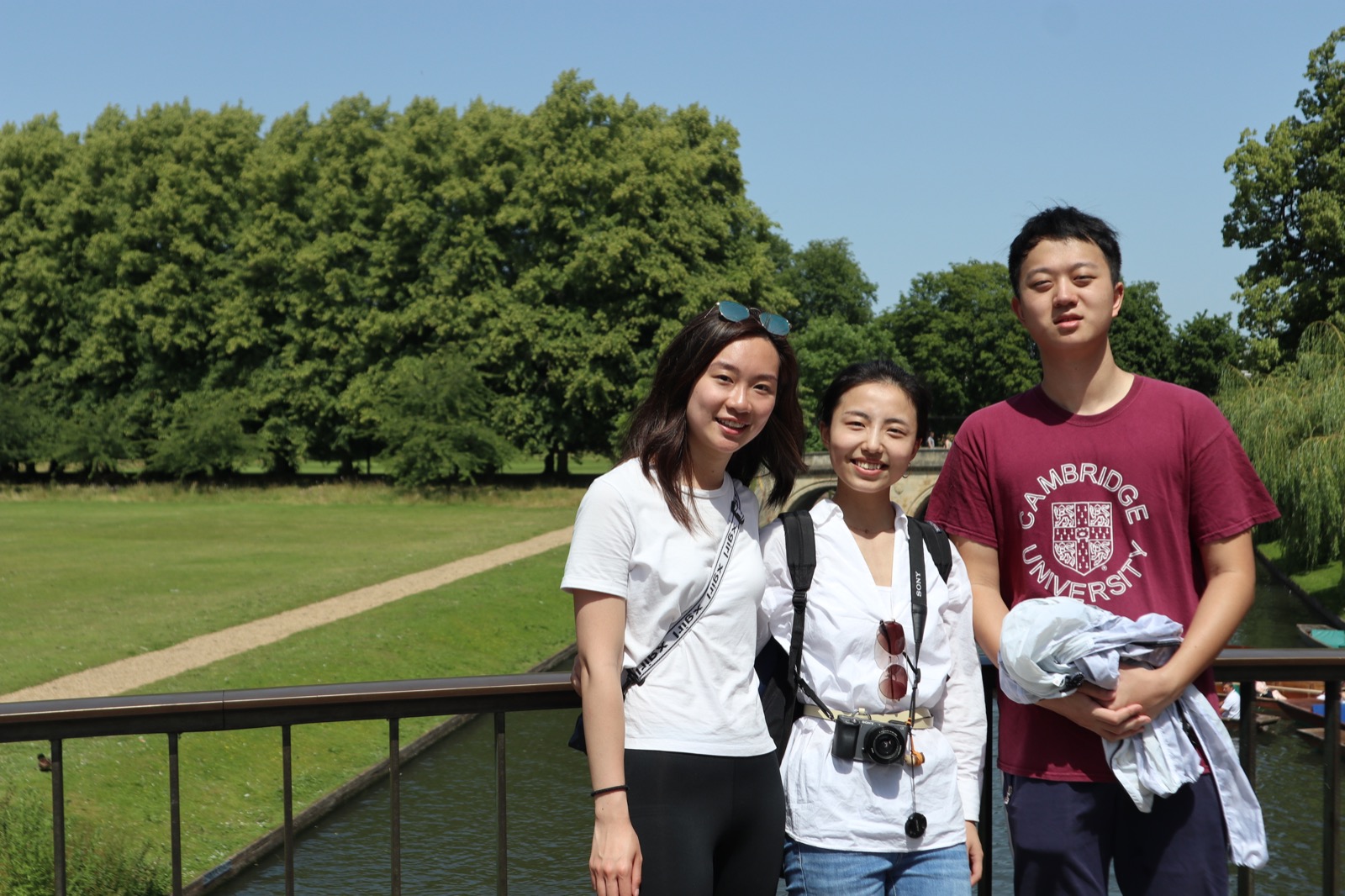
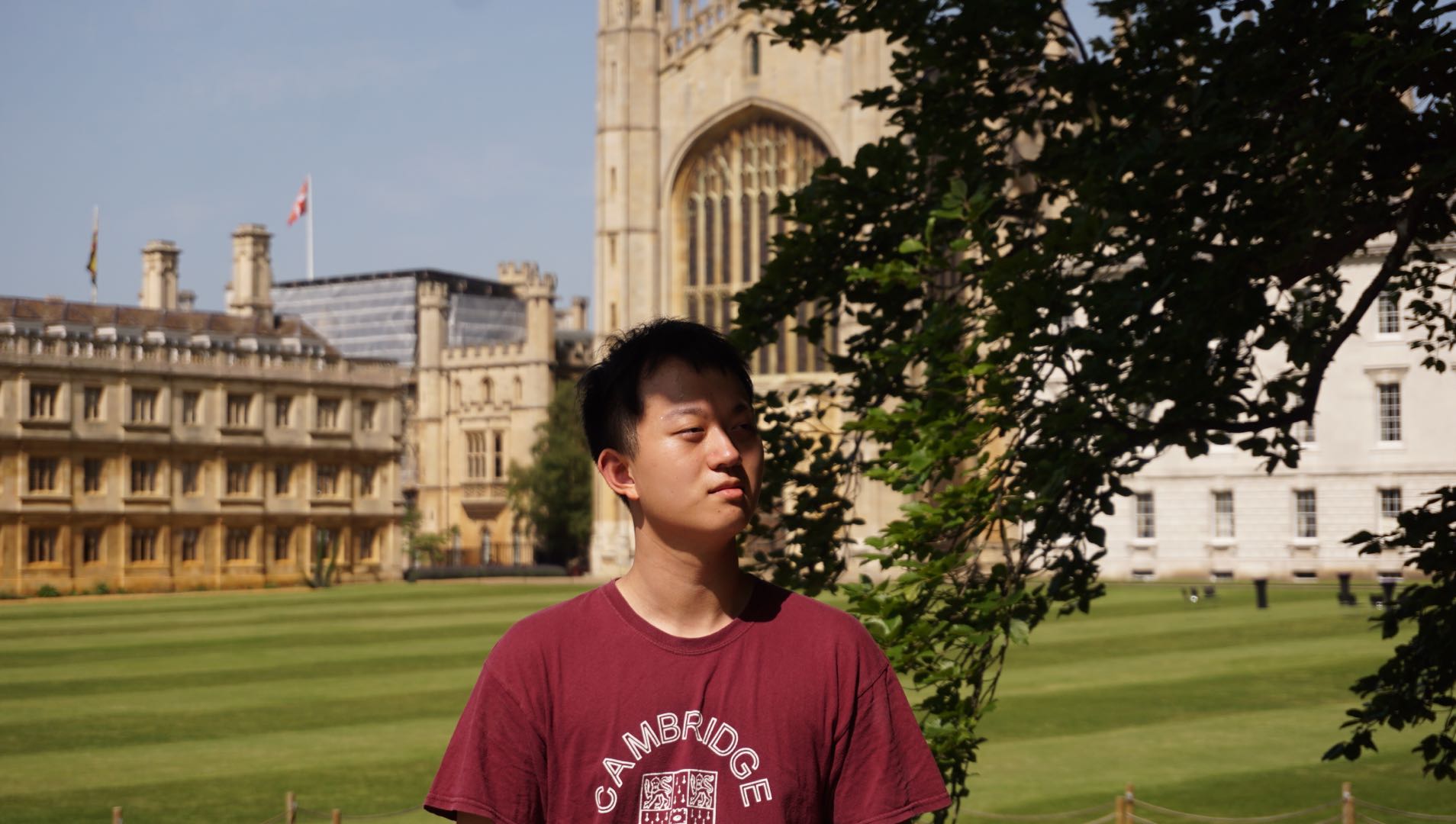
"During this summer, I first reviewed the literature about convex geodesic image segmentation, then tried to convert the MATLAN code of the numerical algorithm into Python version. Finally, I implemented some supervised deep learning framework and proposed an unsupervised deep learning model. The content about developing a deep learning framework, which aims to have similar effect as the numerical algorithm, is very popular in these years. But sometimes it is hard to implement and explain the meaning of the framework because of the lack of mathematical explanation of the deep learning. Therefore, I think mathematics is quite important in nearly all fields of study. However, the deduction of mathematical formula sometimes is boring and needs quite a lot training. I think I lack this ability and do not have sufficient mathematical background, though I major in Computing Mathematics.
Besides this, I find that I have much more interest in the practical applications to solve some real problems instead of the deduction or create some mathematical formula. So I may keep studying and turn to some practical areas like Computer Science or other engineering areas. I am very grateful for this opportunity and the chance to experience the England study life."
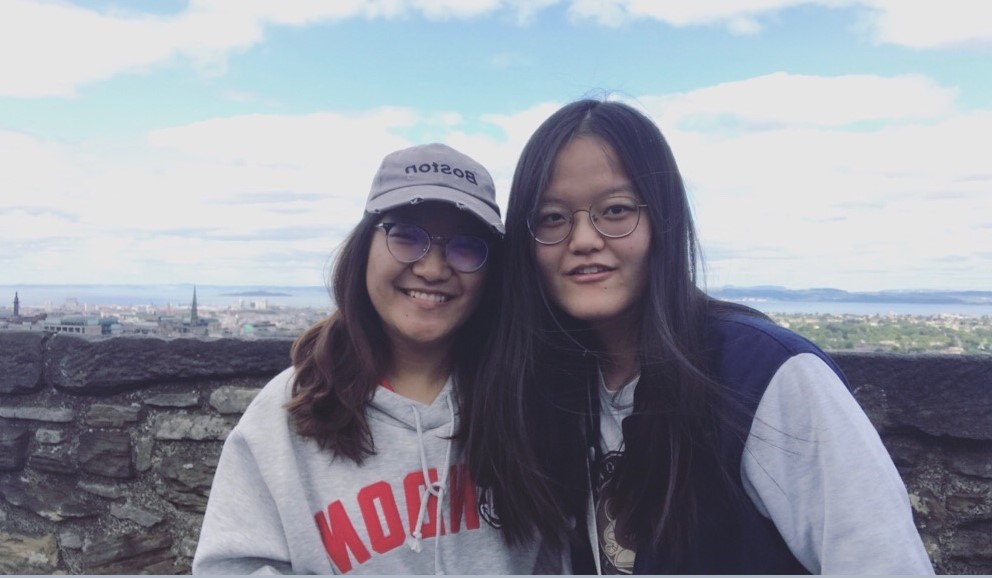
"This summer I joined a study in using machine learning to deal with a problem in sparse matrix. Sparse matrices often occur in real problems. However, when we are solving a linear system with sparse matrix as coefficient, the matrices may become less sparse during the process of LU decomposition. The added non-zeros in the LU decomposition are called fills. If we could find a method to reduce the fills, we may save a lot of memory in actual computing.
In practice, there are some methods trying to solve the problem. Among them there is one called nested dissection. This method considers the sparse matrices as graphs and aims to find a sequence of separators and each separate the graph into two parts so that there won’t be fills occur between the separated parts. By finding these separators, we hope the fills can be reduced.
Looking back, this internship was helpful. Through this internship, I learned a lot of new knowledge in machine learning and sparse matrix. Also this experience in Berkeley lab help me know more about the method to deal with a mathematical study in a group. My communication skill is also improved through this summer and I met friends from various cultures."

